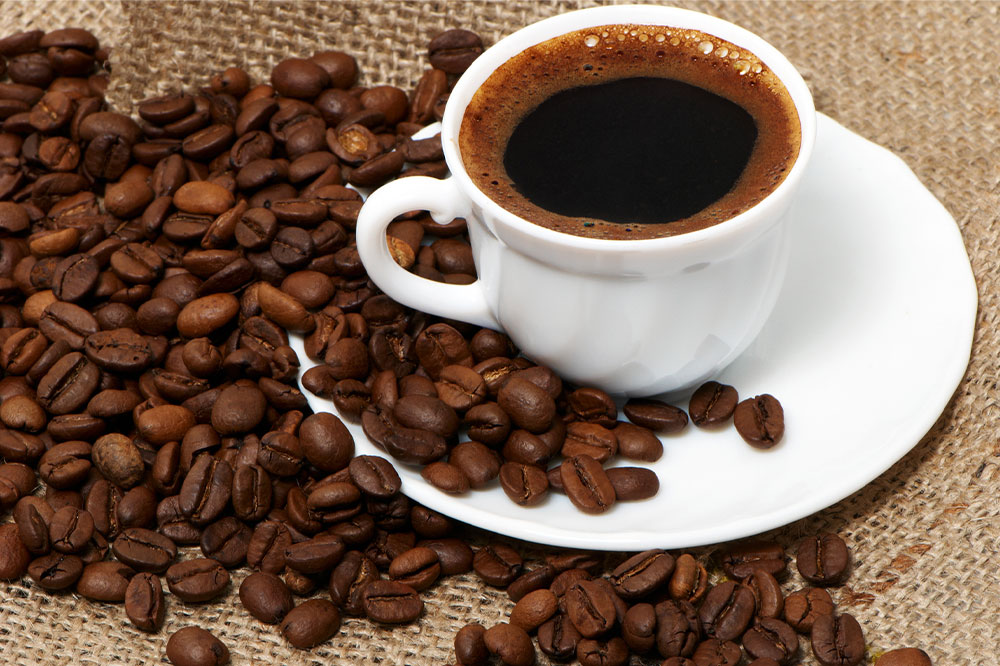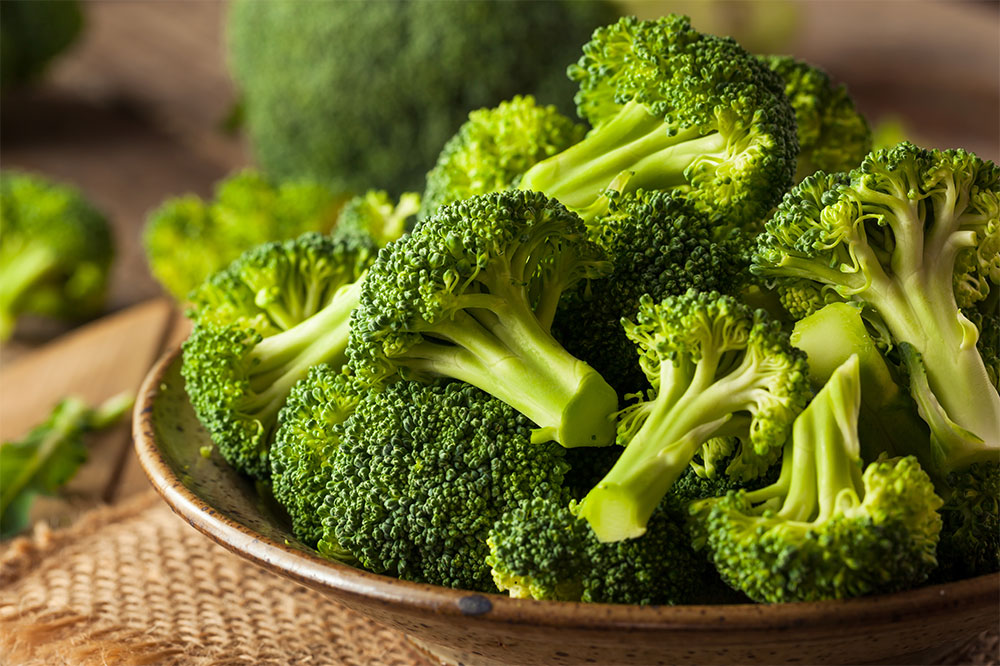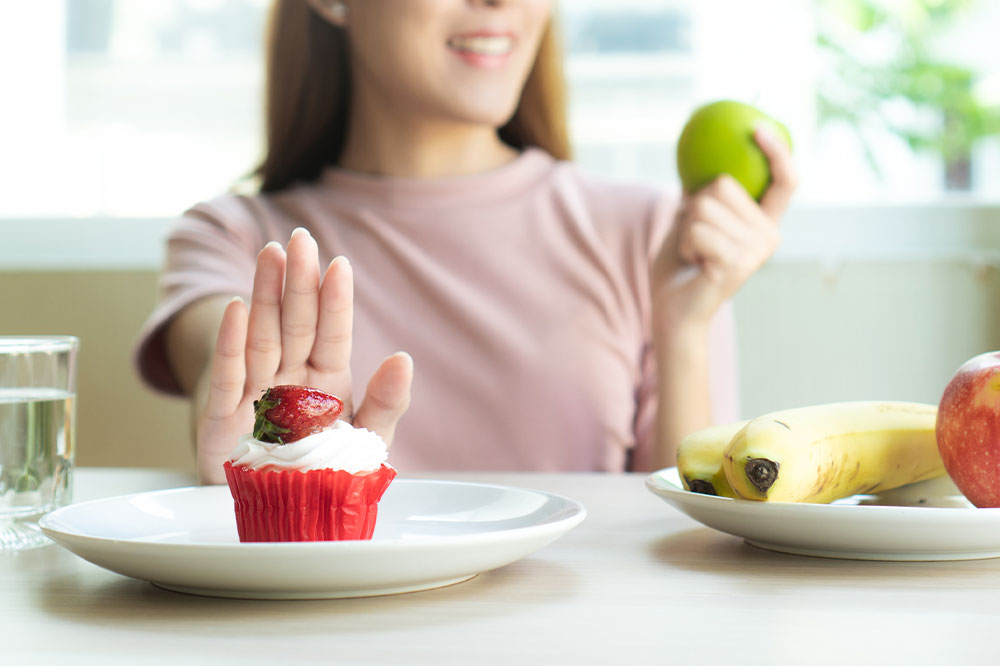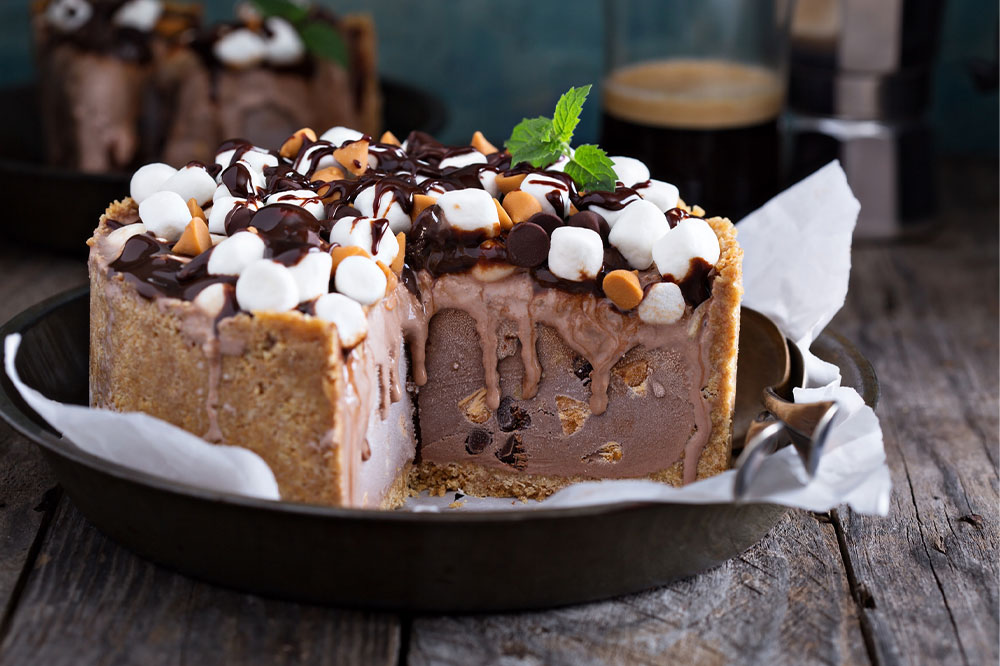Diet Tips for Easing Anxiety Symptoms
Managing anxiety involves not only therapies but also proper nutrition. Avoiding caffeine, sugar, processed foods, and additives can help reduce symptoms. Incorporate nutritious options like fermented foods, herbs, fruits, and vegetables for better mental health. Consulting a healthcare professional is recommended for personalized guidance. Combining healthy eating with relaxation techniques enhances overall well-being and aids in anxiety management.

Diet Tips for Easing Anxiety Symptoms
Over 40 million individuals in our country struggle with anxiety disorders, which can be challenging to control. While therapies, mindfulness, physical activity, and medications are commonly used, many overlook the importance of nutrition. Certain foods like chips, sweets, and caffeinated drinks may offer temporary relief but can worsen anxiety over time. Maintaining a balanced diet rich in essential nutrients is crucial for managing stress hormones like cortisol, reducing anxiety, and supporting overall mental health.
Impact of Food on Anxiety and Stress
Elevated cortisol levels due to stress or worry can lead to health issues like high blood pressure, rapid heartbeat, and shortness of breath. Consuming nutrient-poor foods such as processed meats, sugary snacks, and caffeine can increase cortisol, intensifying anxiety. Conversely, wholesome meals loaded with vitamins and minerals help regulate stress hormones and promote mental well-being.
High intake of low-nutrient foods can amplify anxiety symptoms and increase risks of metabolic issues, heart problems, and depression. Proper nutrition is vital for anxiety management.
Foods to Limit or Avoid with Anxiety
To better manage anxiety, it's important to monitor and reduce intake of certain foods. These include:
Caffeine: Found in coffee, tea, energy drinks, and chocolates, caffeine overstimulates the nervous system, leading to symptoms like rapid heartbeat, insomnia, and trembling. It also hampers vitamin B absorption, which is crucial for relaxation.
Sugar: Sweets like candies, pastries, and ice cream cause blood sugar spikes followed by crashes, affecting mood and increasing anxiety. Cutting back on sugary foods helps stabilize energy levels.
Fried and Fast Food: Junk foods such as fried chicken, burgers, and fries are hard to digest, cause gastrointestinal discomfort, and may trigger anxiety-like symptoms such as difficulty breathing or wakefulness at night.
Refined Carbohydrates: White bread, pasta, and rice lose fiber and nutrients during processing, potentially worsening anxiety and increasing health risks like diabetes and heart disease.
Food Additives: Artificial sweeteners like aspartame, flavor enhancers like MSG, and artificial colors can influence mood negatively, linked to fatigue, headaches, and anxiety.
Processed Foods: Items like canned meats, cheeses, and soups often contain excessive salt and chemicals like BPA, which may elevate blood pressure and impact mood regulation.
To effectively manage anxiety, avoiding these foods is recommended. Consulting healthcare professionals can also help tailor a suitable diet.
Suggested Foods to Incorporate
Besides avoiding triggers, adding these foods may reduce anxiety symptoms:
Fermented products such as pickled vegetables, miso, and kombucha
Spices like turmeric and black pepper
Herbal teas including chamomile, lavender, and passionflower
Fruits like blueberries, oranges, and avocados
Vegetables such as kale and asparagus
Balanced nutrition supports mental health and helps control anxiety and depression. It’s also advisable to identify and avoid food allergies that may mimic or worsen symptoms. Combining healthy eating with physical activity and relaxation techniques like meditation enhances overall well-being.
Note:
The information provided is for educational purposes only. It should not replace professional medical advice. Always consult healthcare providers for diagnosis and treatment of health conditions.










